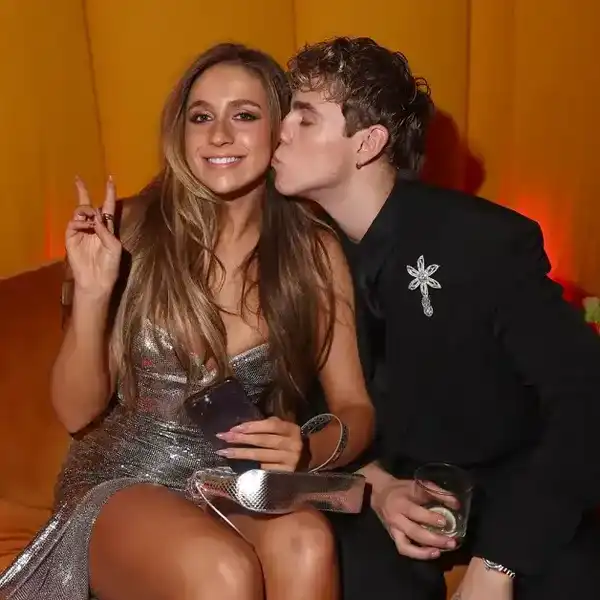Media Beat, Dec. 14: Canadian Authors Pirated By AI
The weekly column also discusses the costs of and ongoing pressures brought against newsrooms.

Rogers Offloads Cogeco Stake For $829M To CDPQ
The second largest pension fund in the country with managed assets of $42B, the Quebec Deposit and Investment Fund, has agreed to purchase Rogers Communications' minority stake in Quebec telco Cogeco Inc. and further to become “an anchor investor” in the multi-tiered conglomerate that owns cable, radio, TV, telephone and internet services in Canada and the U.S.
The transactions don’t affect effective control over Cogeco Inc., whose founding Audet family and its company Gestion Audem held 69% of the voting interest. Cogeco Inc. has 84% of voting rights over Cogeco Communications, according to the CRTC.
“This sale further demonstrates our commitment to strengthen our investment grade balance sheet and aggressively reduce our debt leverage ratio,” Rogers CEO Tony Staffieri said in a statement.
More Bad News For AI, This Time Involving Canadian Authors
A CBC News investigation has found at least 2,500 copyrighted books written by more than 1,200 Canadian authors were pirated online as part of a now-defunct dataset of more than 191K ebooks that were used without permission for artificial intelligence training and research purposes.
The data set's existence and general highlights were revealed earlier this year in The Atlantic and has led the American Authors Guild to file a class-action suit alleging breaches of copyright law by training language models without the permission of authors.
Government Is Pushing Down On News Coverage
The news media in Canada is in crisis, at least this is the argument forcefully proffered by Josh Dehaas, council for the Canadian Constitution Foundation. His editorial, posted in the Hub, diligently lays out blatant examples of governments in Canada impeding journalists' access to information, the dwindling resources newsrooms have to work with and starkly notes that the journalist count has been halved in the past decade. It’s a sobering read.
How Remote Work Impacts Young Journalists
Newsrooms were once the heart and soul of every newspaper but COVID made working from home the new normal, and then the cuts followed that made remote employment the new, new normal. Today, there are fewer and fewer news hubs where news reporters young and old can share experiences, collaborate and build bonds that create the stuff that once helped greenhorns blossom into legendary news reporters. Chloe Hannan has the story, published by King’s Journalism portal, The Signal.
Concerns Raised Over Government, Big Tech Funding Canadian Newsrooms
Most Canadians now get their news online. In 2022, online advertising revenues in Canada were $14B, with Meta and Google receiving roughly 80% of these revenues.
While digital platforms earn billions in online advertising, more news outlets shutter each year, due in large part to a loss of advertising revenue.
The Online News Act hopes in part to redress this imbalance, even as the federal government continues to advertise on Meta-owned platforms. In a stirring address during a Canadian Heritage Committee session last week, former CRTC Mandarin Peter Menzies stated that “…the two most powerful entities in our society are governments and large data-vacuuming tech companies…”
The outcome, as reported in IT World Canada, is that the public’s faith and trust in journalism will wither as news coverage will inevitably be influenced and compromised.
Israel estimates initial cost of Gaza war to reach $51B
Earlier estimates put the cost of the Gaza war at nearly US $44B. As reported by the Arabic Anadolu news Agency, Israel’s Central Bureau of Statistics has estimated that around 750,000 Israelis were absent from the workforce due to the Gaza conflict, a figure that represents nearly 18% of the country’s workforce.
Gaza Is Plagued By Poverty, But Hamas Has No Shortage Of Cash
The unemployment rate in Gaza is 47% and more than 80% of its population lives in poverty, but Palestine’s ruling political and military org. Hamas isn’t hurting according to a new NBC News report. The new outlet points to experts citing it has an investment portfolio of real estate and other assets worth US$500M and an annual military budget of as much as $350M.

















